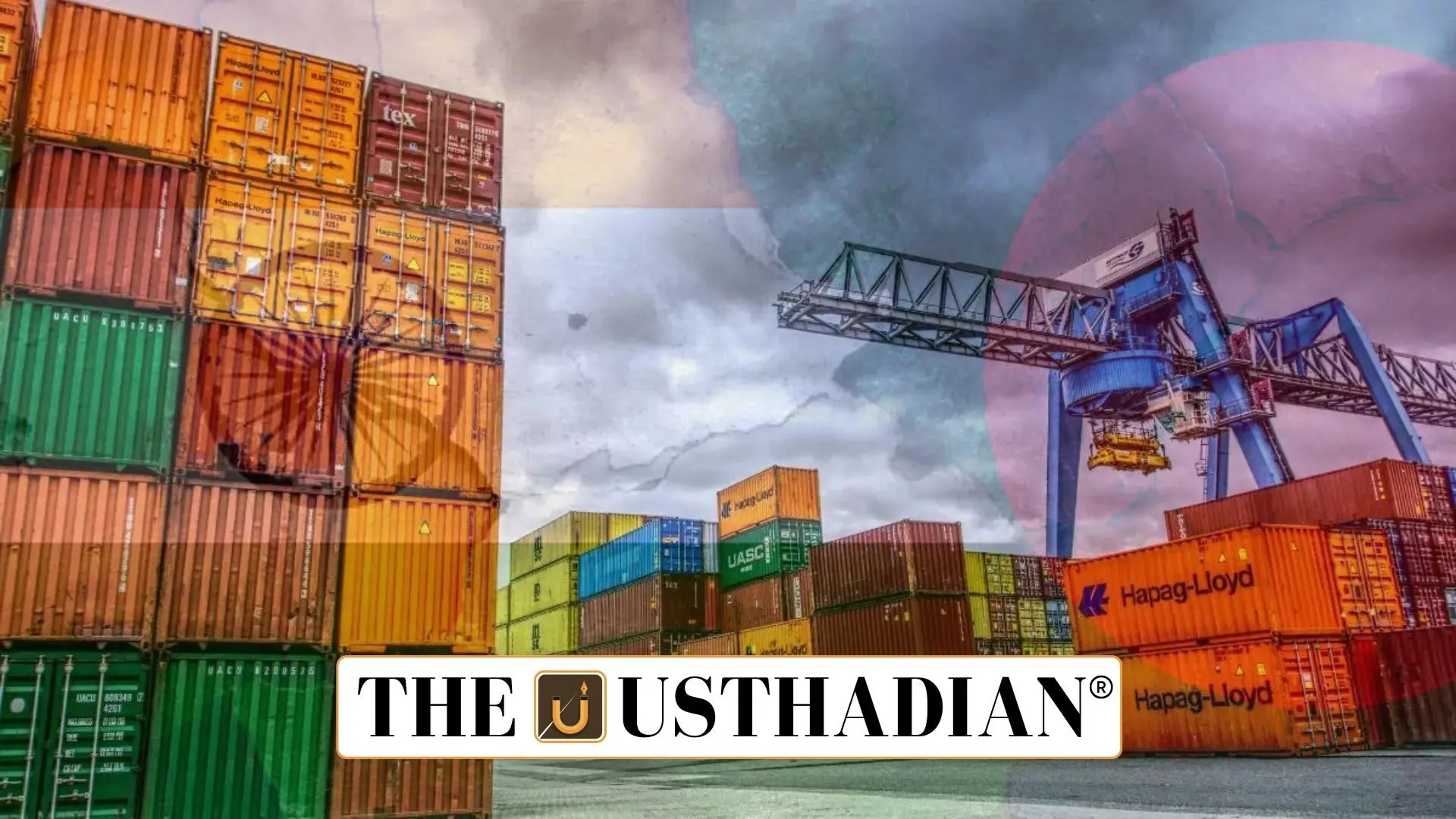Major Trade Shift: India Blocks Land Routes
India Restricts Imports from Bangladesh: A Turning Point in Regional Trade Ties: In a bold shift, India has restricted the import of ready-made garments and other goods from Bangladesh, allowing entry only through two sea ports—Kolkata and Nhava Sheva (Jawaharlal Nehru Port). This move effectively shuts down 11 land routes across the Northeast, which have long served as crucial corridors for border trade. The impact is significant, especially for small traders and border economies that depend on quick, cost-efficient access via land.
Retaliation or Recalibration?
The decision didn’t come out of nowhere. It follows Bangladesh’s tightening restrictions on Indian goods, which prompted New Delhi to cancel a trans-shipment pact that had allowed Indian cargo easier access through Bangladeshi ports. The restrictions are projected to impact imports valued at more than $770 million, including $660 million worth of ready-made garments imported last year alone. For businesses relying on textile imports, this could mean higher costs, longer wait times, and supply disruptions.
Political Strain Under New Bangladeshi Leadership
Beyond economics, the move carries a political message. Under Prime Minister Muhammad Yunus, Bangladesh has taken a harder stance on Indian trade. Many experts believe that Bangladesh’s trade barriers are politically charged, not based on economic reasoning. India’s countermeasures, while framed as trade policy, are seen as strategic recalibrations amid strained bilateral ties.
Impact on Regional and Local Economies
The brunt of this decision will be felt in India’s Northeastern states, which rely heavily on border trade for both imports and exports. Shifting all trade to sea routes increases transport costs, delays delivery, and weakens the competitive edge of goods coming from Bangladesh. However, this may also be an opportunity for India’s domestic textile industry to gain ground, particularly in manufacturing hubs like Tiruppur and Ludhiana.
South Asia’s Underdeveloped Trade Potential
This incident underscores a larger concern—intra-regional trade in South Asia accounts for less than 5% of its total trade, significantly lower than the 25% in ASEAN and 50% in the European Union. Without stronger integration and balanced policies, the region’s growth remains restricted. Analysts suggest that these trade restrictions could slow progress toward regional economic cooperation, which is already fragile.
Static GK Snapshot
India Restricts Imports from Bangladesh: A Turning Point in Regional Trade Ties:
| Topic | Detail |
| Countries Involved | India and Bangladesh |
| Restricted Entry Points | Kolkata Port, Nhava Sheva Port |
| Closed Routes | 11 land routes in Northeast India |
| Value of Imports Affected | $770 million (2024), $660 million in garments |
| Cancelled Agreement | India-Bangladesh trans-shipment pact |
| Regional Trade Share | South Asia: <5% of total trade |
| Political Context | Bangladesh PM Muhammad Yunus’ hardline policies |








